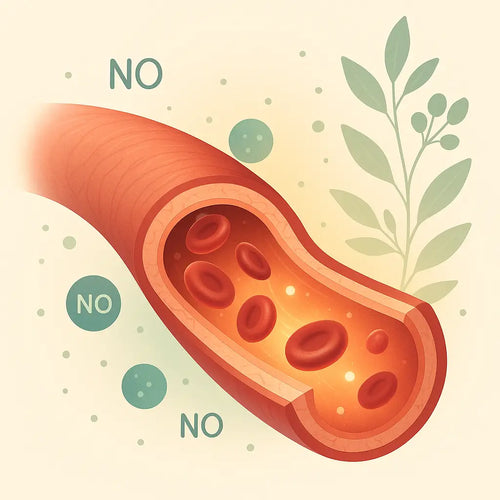
The following research investigated the effect of consuming a plant-based diet on blood Lipoprotein (a) (Lp(a)) levels and other risk factors in overweight and obese individuals (Najjar RS, et.al., 2018).
High Lp(a) levels increase your likelihood of having a heart attack or stroke.
Lp(a) can cause increased clotting, which can lead to rapidly formed blockages in blood vessels.
Lp(a) promotes inflammation which increases the likelihood that plaques in the arteries will rupture.
Diet has not consistently shown to be effective in reducing Lp(a), but a specific plant-based diet has not been put to the test before this study.
The diet was implemented for 4 weeks, and the participants were tested for several cardiovascular risk factors.
The results showed significant reductions for Lp(a), apolipoprotein B, low-density lipoprotein (LDL) particles and small-dense LDL cholesterol. In addition to that, interleukin-6 (IL-6) an inflammatory marker, total white blood cells, lipoprotein-associated phospholipase A2 (Lp-PLA2), high-sensitivity c-reactive protein (hs-CRP) an inflammatory marker, and fibrinogen which is related to blood clot formation were all significantly reduced. These are all risk factors for cardiovascular disease.
Diet can be very effective in reducing cardiovascular risk if it is a specific plant-based diet.
Reference
Rami S Najjar 1, Carolyn E Moore 2, Baxter D Montgomery, Consumption of a defined, plant-based diet reduces lipoprotein(a), inflammation, and other atherogenic lipoproteins and particles within 4 weeks, Clin Cardiol. 2018 Aug;41(8):1062-1068.










